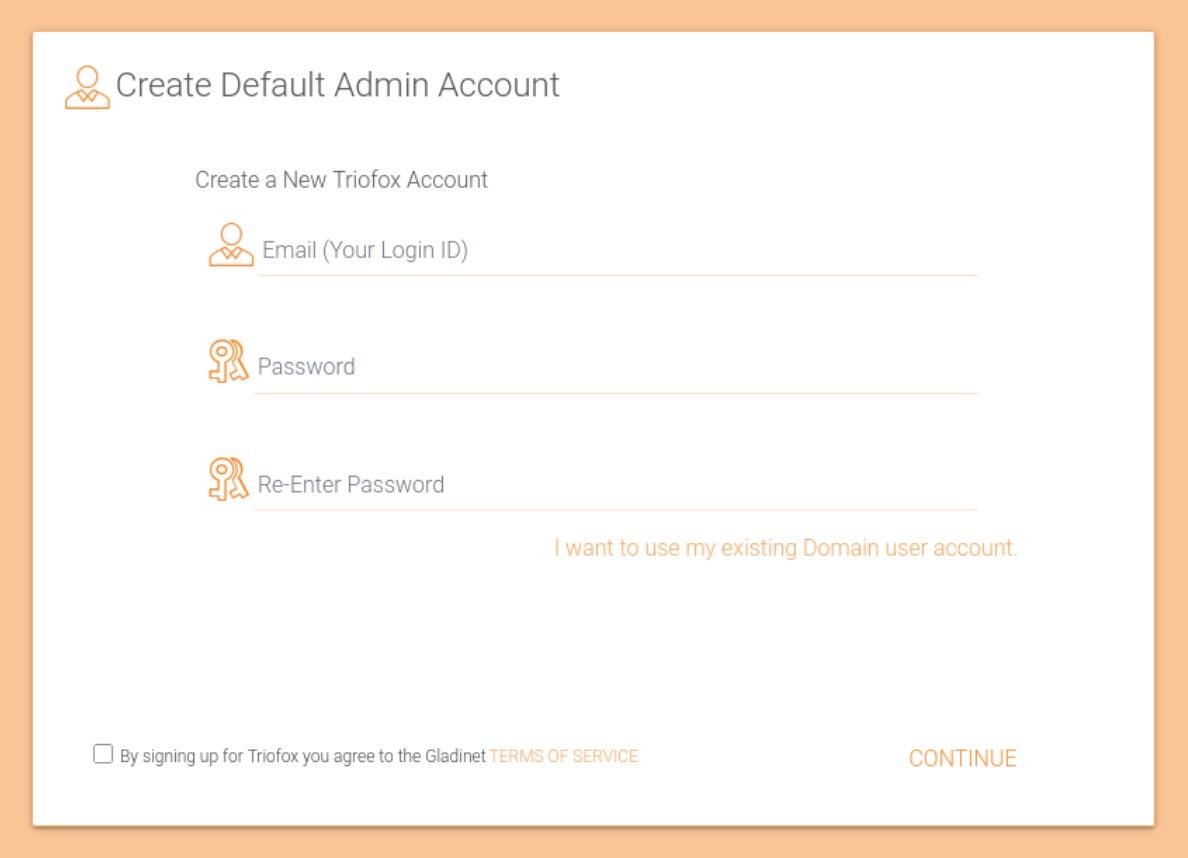The Good | FBI and Europol Arrest Ransomware Broker and Dismantle Major Botnet
Russian national, Aleksey Olegovich Volkov, is set to plead guilty for acting as an initial access broker (IAB) for Yanluowang ransomware attacks targeting at least eight U.S. companies from July 2021 to November 2022.
Using aliases like “chubaka.kor” and “nets”, Volkov sold access to the ransomware group after breaching his victim’s corporate networks and demanding ransoms from $300,000 to $15 million in Bitcoin. FBI investigators traced Volkov through iCloud, cryptocurrency records, and social media, recovering chat logs, stolen credentials, and evidence of ransom negotiations, which all linked him to $1.5 million in collected payments.
His breaches affected companies across multiple states, including banks, engineering firms, and telecoms. Volkov faces up to 53 years in prison and over $9.1 million in restitution for charges including trafficking in access, identity theft, computer fraud, and money laundering.
Law enforcement agencies across several countries dismantled over 1000 servers linked to the Rhadamanthys infostealer, VenomRAT, and Elysium botnet as part of Operation Endgame, an international effort against cybercrime. Coordinated by Europol and Eurojust with support from private partners, the action consisted of searches at 11 locations in Germany, Greece, and the Netherlands, where officers seized 20 domains and arrested a key VenomRAT suspect.
The disrupted infrastructure involved hundreds of thousands of infected devices and millions of stolen credentials, including access to over 100,000 crypto wallets. Rhadamanthys, active since 2023, had seen rapid growth in late 2025, affecting thousands of IP addresses daily.
Authorities recommend checking systems for infection via politie.nl/checkyourhack and haveibeenpwned.com. Operation Endgame has previously disrupted numerous malware and ransomware networks, including Bumblebee, IcedID, Pikabot, Smokeloader, SystemBC, and Trickbot, highlighting ongoing international efforts to curb cybercrime.
The Bad | UNC6485 Exploits Triofox Vulnerability for Remote Code Execution
Threat actors have exploited a critical vulnerability in Gladinet’s Triofox file sharing and remote access platform, chaining it with the product’s built-in antivirus scanner to gain SYSTEM-level remote code execution (RCE).
The vulnerability, tracked as CVE-2025-12480, allows attackers to abuse an access control logic error that grants admin privileges when the request host equals ‘localhost’. By spoofing this value in the HTTP host header, an attacker can reach sensitive setup pages without credentials, especially on systems where the TrustedHostIp parameter was never configured.
Security researchers first discovered an intrusion in August targeting a Triofox instance running version 16.4.10317.56372. They later determined that the threat cluster UNC6485 used a malicious HTTP GET request containing a localhost header to access the AdminDatabase.aspx setup page.
Using this workflow, the attackers created a rogue administrator account called ‘Cluster Admin’, uploaded a malicious script, and configured Triofox to treat that script as the antivirus scanner path. Since the scanner inherits SYSTEM-level privileges from the parent process, this allowed the attackers to execute arbitrary code.

The payload then launches a PowerShell downloader to retrieve a Zoho UEMS installer, which subsequently deploys Zoho Assist and AnyDesk on the compromised host for remote access and lateral movement. The attackers were also observed using Plink and PuTTY to establish SSH tunnels and forward traffic to the compromised host’s RDP port.
Gladinet has since fixed CVE-2025-12480 in Triofox version 16.7.10368.56560, and administrators are urged to update to the latest release (16.10.10408.56683), review admin accounts, and ensure the antivirus engine is not configured to run unauthorized binaries.
The Ugly | Attackers Exploit Zero-Day to Steal Washington Post Employee Data
The Washington Post, one of the vendors impacted by a breach targeting Oracle software, is notifying nearly 10,000 current and former employees and contractors that their personal and financial information has been exposed in the data theft campaign.
The Post, one of the largest U.S. newspapers with 2.5 million digital subscribers, confirmed that attackers accessed parts of its network between July 10 and August 22 by exploiting a previously unknown zero-day vulnerability in Oracle E-Business Suite, the organization’s internal enterprise resource planning (ERP) system. The vulnerability is tracked as CVE-2025-61884.
According to the letter sent to affected individuals, the Post learned of the intrusion after a threat actor contacted the company on September 29 claiming access to its Oracle applications. Post-breach investigations identified the widespread flaw that allowed the attackers to access many Oracle customers’ applications. The attackers used this flaw to steal sensitive data and later attempted to extort the Post and other organizations breached in the same campaign.
Although the Post did not name the group responsible, the Cl0p ransomware operation is suspected to be behind the attacks. Other high-profile victims of the same Oracle zero-day include Harvard University, Envoy Air, and GlobalLogic, with additional impacted organizations listed on Cl0p’s leak site.
The Post’s investigation has determined that data belonging to 9,720 individuals was compromised. Exposed information includes full names, Social Security numbers, tax and ID numbers, and bank account and routing numbers. Impacted individuals have been offered 12 months of free identity protection through IDX and advised to place credit freezes on their accounts and fraud alerts for additional protection.




